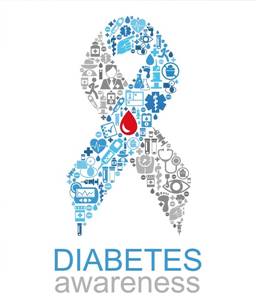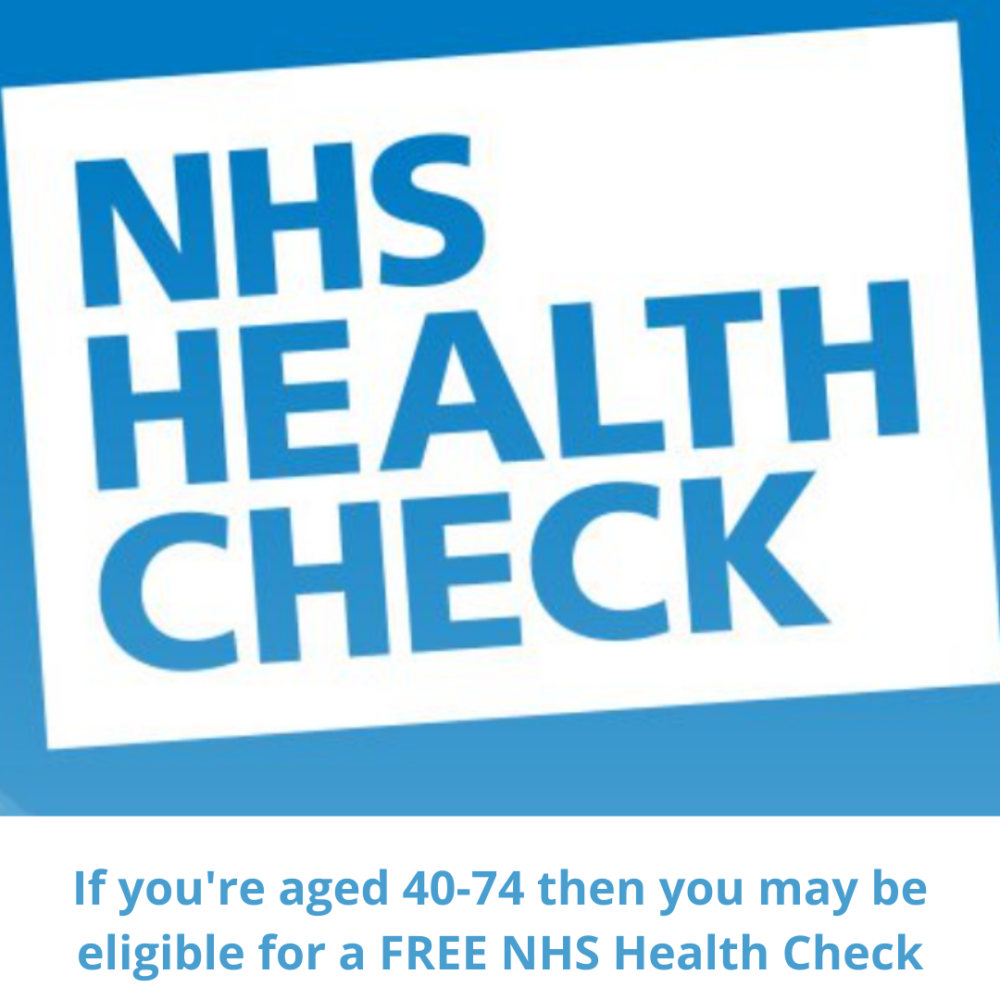Staying at home and self isolating is having a good effect in slowing down the spread of COVID-19.
Taking some activity (walking, cycling, running) every day near your home while avoiding contact with other people, will help with feeling better physically and lift your mood.
It is important to drink enough fluid at all times but even more so during the COVID-19 pandemic
How do I stay hydrated?
Aim for 6-8 glasses of fluid a day (at least 1.5 litres) for adults hydrated (e.g. water,
squash, juice, tea, coffee – but not alcohol as this does not help with hydration).
Have drinks available near to you all day and spread them out throughout the day
Have drinks that you enjoy
Have a mixture of hot and cold drinks to give you variety
Make sure water you drink is fresh and appealing – add ice cubes, fresh fruit, lemon or
cucumber
Eat more moist foods –e.g. sauces, soups, tinned fruit in juice, yogurt, jelly, ice lollies
If you take medication have a full glass of water with the medication
What are the risk factors for dehydration?
Not feeling thirsty
Being unwell including high temperature (a common symptom of COVID-19), vomiting and
diarrhoea
Low mood or depression (which could be because of not going out and meeting people)
Forgetting things, not being able to concentrate, learning difficulties, and other changes in
thinking or confusion
Taking several prescribed medicines including diuretics
Anyone needing help with drinking and eating
Older age
Living in long term care
Why do I need to stay hydrated?
Not drinking enough:
can affect being able to think clearly (memory, concentration, attention, how quickly you
react) and can lead to feelings of tiredness. Once you feel thirsty (0.8-2% dehydration),
your ability to think clearly may be affected by as much as 10%.
is one of the most common causes of constipation (when poo is hard to pass and how
often you poo is less frequent). If you are not drinking enough, having more fluid will help
to ease the constipation and will improve the effect of any extra fibre (roughage) you are
eating to help with the constipation.
makes it more likely that you could have an infection in your urine (urinary tract
infection). Not drinking enough is one of the main causes of Acute Kidney Injury (AKI).
can lead to low blood pressure, feeling weak or dizzy and making you more likely to fall.
Having a drink 5 minutes before standing helps stabilise blood pressure and prevent
fainting.
can increase the risk of developing pressure sores and skin conditions
can increase the risk of hospital stays and death. Not drinking enough has been shown to
double the death rate of patients admitted to hospital with stroke. It also increases the
length of stay for patients with pneumonia.
Drinking plenty of fluids has many benefits and can help reduce the risks associated with COVID-19.







